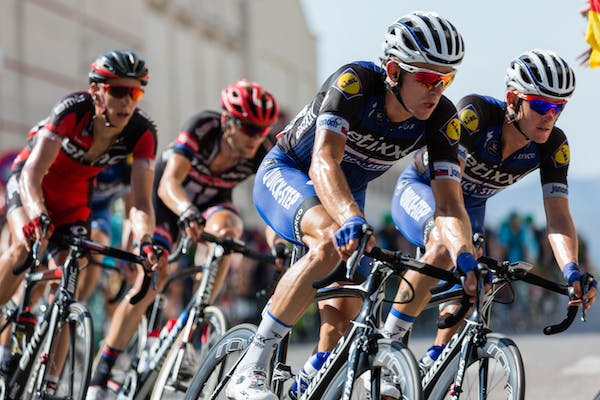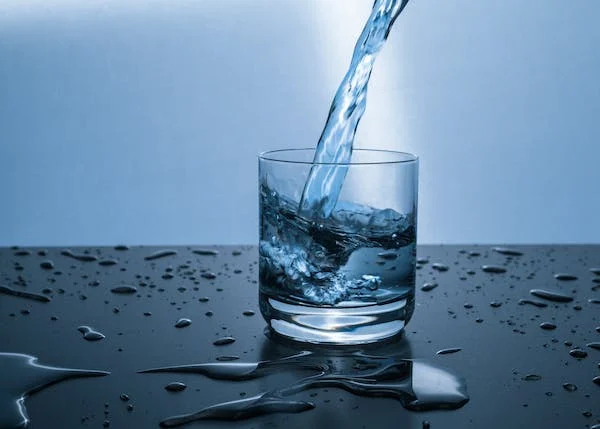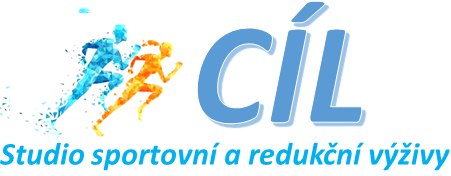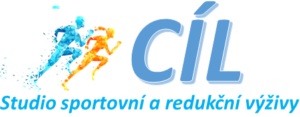Proper nutrition is important for every person, but nutritional needs vary. Sports nutrition is the application of nutritional principles to improve athletic performance. All athletes should consume a balanced, healthy diet of a variety of foods. The more activities a person does on a regular basis, the more calories they need to take in. Included below are the nutrients the average athlete should consume, and when and what to eat before, during and after competition for best performance.
Energy
Food is what gives the body the energy to work. Depending on the duration and intensity of the power, the energy source (i.e. the type of food source) changes. Carbohydrates, fats and proteins are energy sources that contribute to meeting energy needs during exercise and rest. Carbohydrates are the body’s preferred source of energy, fats are a secondary source, and protein is the least frequently used energy source. Protein is more useful for building muscle and other tissues. Different types and intensities of exercise use one type of energy more than the other. For example, in low-intensity exercise, fats are usually the main source of energy and in high-intensity exercise, carbohydrates are the main source of energy.
Although fat is the main source of energy during low-intensity exercise, the total energy expenditure (calories burned) during exercise is more important than what is used as an energy source during exercise. Therefore, regular low-intensity exercise may not produce better weight loss results compared to moderate to high-intensity exercise.

Carbohydrates
Carbohydrates (“carbohydrates”) are the main source of energy from food. High carbohydrate foods include milk and yogurt, cereals, fruits and vegetables. They are usually quick and easy to digest and readily available for energy consumption. The body stores carbohydrates in the liver and skeletal muscle as glycogen, a readily available source of energy. The recommended daily intake is at least 130 grams of carbohydrates per day, and the US National Institutes of Health recommends that 45 to 65% of daily intake should be carbohydrates. For athletes, consumption should be higher than the recommendation and should be evenly distributed throughout the day. To give you an idea of how much that might be, a person with a daily energy requirement of 3,000 Kcal would need to consume 450 grams of carbohydrates, which would make up 60 percent of their diet. Carbohydrates are especially important for athletes because they are a great source of energy for aerobic and anaerobic exercise.
Tuk
Fat is an efficient form of energy. Fat is generally used as a source of energy during low to moderate intensity exercise, but during intense exercise, carbohydrates become more important than fat. Fat is also a useful source of energy during rest. There are different types of fats: monounsaturated, polyunsaturated and saturated. Monounsaturated and polyunsaturated fats are the healthiest types of fats. A good example of a mono-unsaturated fat is extra virgin olive oil, which is often used in salad dressings. Examples of foods containing polyunsaturated fats are nuts and fish. The oils in these foods contain healthy fats and are great for the body and brain. Saturated fats should make up less than 10% of total calories. Examples of saturated (unhealthy) fats are beef, pork, butter and poultry with skin. It is recommended that 30 percent of your diet should be fat. Dietary fats are most important for endurance sports performance. Other examples of dietary sources of fat are low-fat dairy products, lean meats, nuts and nut butters, and fish.
Protein
Although protein is one of the most important essential nutrients, it is not the body’s preferred source of energy. Protein is the “building block” of the body’s tissues. They form the structure of body tissues, enzymes, perform transport functions or are an essential part of the immune system. Protein is especially important for strength and endurance athletes. The recommendation for protein intake is 10 to 35% of the daily diet. The most complete sources of protein come from animal products: meat, dairy products and a few grains such as quinoa. Beans, quinoa, nuts, seeds and legumes are good plant sources of protein. Products such as protein shakes and supplements are very popular, but are not necessary if you are taking in the right amount of protein daily.
Water and electrolytes
When we exercise, we sweat and therefore need to replenish lost fluids. Sweat consists mainly of water, which contains minerals and other ions (sodium, chlorine, potassium, magnesium, etc.). Plain water is almost always the best drink before, during and after a competition. For endurance athletes who exercise or compete for long periods of time (two hours or more) at high intensity, sports drinks may be necessary to replenish ions in the body and quickly replace lost carbohydrates. Staying adequately hydrated is extremely important for proper body function and temperature regulation. The amount needed is individual for each person. The American College of Sports Medicine recommends that athletes hyperhydrate (consume slightly more water than usual) a few days before competition and, of course, rehydrate after competition to prevent dehydration and ensure the best possible performance.
If you feel thirsty, it means you are already dehydrated. The easiest way to tell if you are dehydrated is the color of your urine. The urine should be clear and very pale yellow.

Before the competition
Pre-competition nutrition can be very important and applicable to any sport, competition or major exercise that will be performed. The most important factors are the timing and composition of the meal. Breakfast is the most important meal of the day! A hearty breakfast of foods such as skimmed milk, whole grains, eggs, orange juice and toast is ideal. Skipping breakfast can eventually cause very low blood sugar levels, which has a similar effect to fasting. For the pre-competition meal, give yourself enough time after the meal (about two hours) so that your stomach is relatively empty at the start of the competition. This will give your body time to digest the food and absorb the necessary nutrients from the food.
Morning races: food should be similar to a hearty breakfast.
Early to mid-afternoon races: have a hearty breakfast and a pre-race lunch. A good example of a pre-competition lunch or dinner might be a sandwich with lean meat, cheese and vegetables (lettuce, tomato, onion, etc.), all on whole wheat bread with a side of fruit and vegetables and water.
Late afternoon action: eat a hearty breakfast, lunch and snack (fruit, peanut butter and jelly bagels, fresh vegetables or other easily digestible foods).
Evening events: have a hearty breakfast and lunch. Dinner should be a pre-competition meal.
During the competition
For most sports, eating during competition is not necessary. The only thing that should really be consumed during the competition is water. Athletes who perform prolonged and/or high-intensity exercise may need to consume carbohydrates during competition.
After the competition
If there are no other competitions on the same or following day, a normal, well-balanced diet after the competition will suffice. It may be important for the athlete to consume carbohydrates and fluids before the next competition. It can also be important to consume protein after a competition, especially if a heavy load was placed on the muscles. Protein can be consumed in a variety of forms, either through a meal with protein-rich foods (preferred), milk or chocolate milk, or through supplements such as protein shakes, within the recommended amount specified for the source for your body size (especially recommended if you cannot meet your protein needs with a balanced meal).

